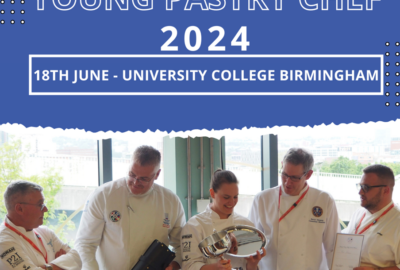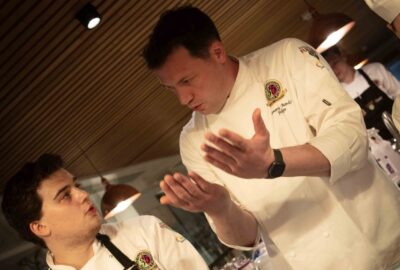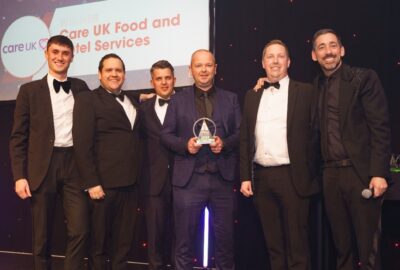According to the latest figures from WRAP, food waste costs the hospitality sector more than £1.5billion a year.
However, with plate scrapings accounting for 30% of this waste, Philip Simpson, commercial director at specialist national food recycling organisation ReFood, believes that simple changes, such as better portion control, could save pubs, restaurants, hotels and quick service outlets up to Åí450million per year.
“Food waste from the hospitality sector is significant, around 600,000 tonnes every year to be precise,” comments Philip. “According to the latest WRAP figures, 400,000 tonnes of this could be avoided if it had been better planned, portioned, managed, stored or prepared.”
A Sustainable Restaurant Association survey backs up these findings and reveals that 65% of food waste comes from preparation, including peelings, offcuts and egg shells. Plate scrapings resulted in 30% of waste, while 5% was from spoilage.
“There are clearly areas for improvement across the industry,” continues Philip. “The first port of call for those looking to make changes is to review their current procedures and to identify opportunities for waste savings. This not only reduces food waste but can have a significant impact on the bottom line. “Once opportunities to make waste savings have been identified and acted upon, the next step is reviewing how the remaining food waste can be sustainably disposed of.”
Case study: QHotels has no reservations over food waste
QHotels worked with ReFood to divert 100% of its food waste from landfill, which is significant in a sector which is edging towards producing one million tonnes of food waste annually.
- With 3,650 bedrooms across 26 hotels in the UK, sustainability is firmly on QHotels’ agenda and achieving the Green Tourism Accreditation at all of its hotels is testament to the group’s success in this area.
- QHotels generates significant waste from both the food preparation process and leftovers from meals served. Establishing a comprehensive waste management programme was therefore vital.
- However, avoidable waste was only part of the problem, and ReFood began the process of tacking waste, which was deemed unavoidable (such as off-cuts, plate scrapings to natural spoilage).
- As part of the process, QHotels was provided with new food recycling bins, which were used in the kitchens to separate waste at its source, with plate scrapings put directly into these bins, rather than disposed of in general waste.
- Once full, the food waste bins are collected and the unwanted food waste taken directly to one of ReFood’s state-of-the-art Anaerobic Digestion (AD) plants, where it is separated and converted into renewable energy and sustainable biofertiliser. The resulting energy is exported to the national grid, while the biofertiliser is used by local farmers to aid crop growth.
- ReFood estimates that 720,000 kWh of energy is generated every year, while 460 tonnes of fertiliser is produced and 800 tonnes of CO2 saved. The measures save QHotels an estimated 46% on waste management costs.
For more information about ReFood visit www.refood.co.uk.


